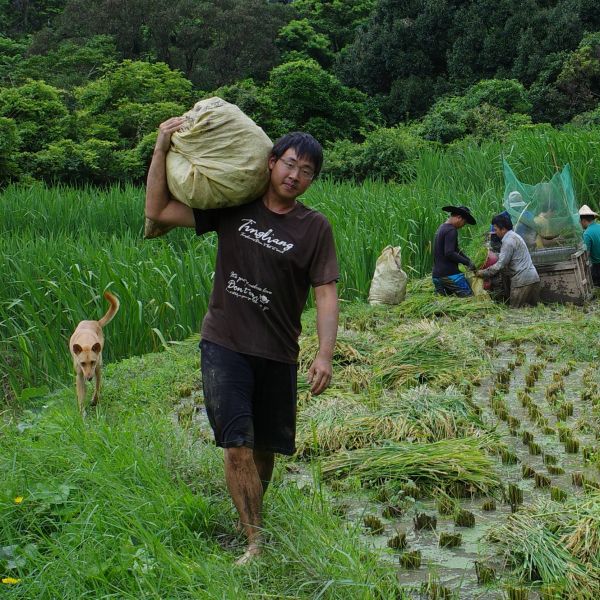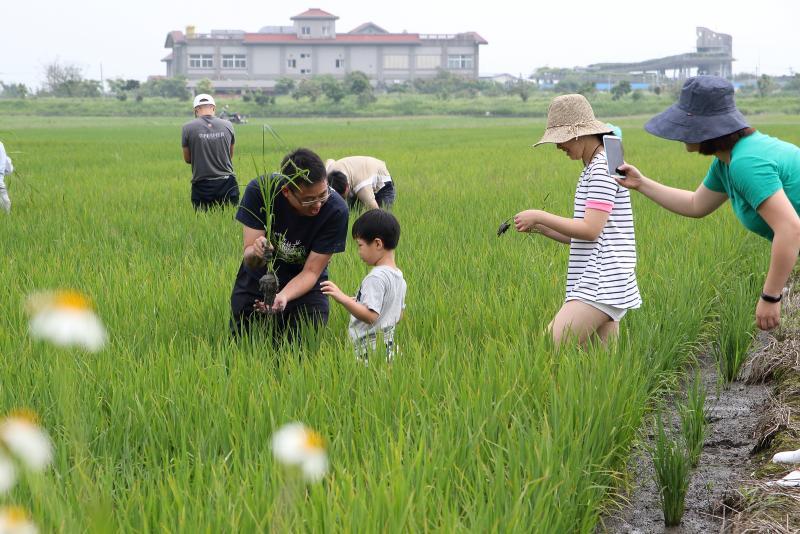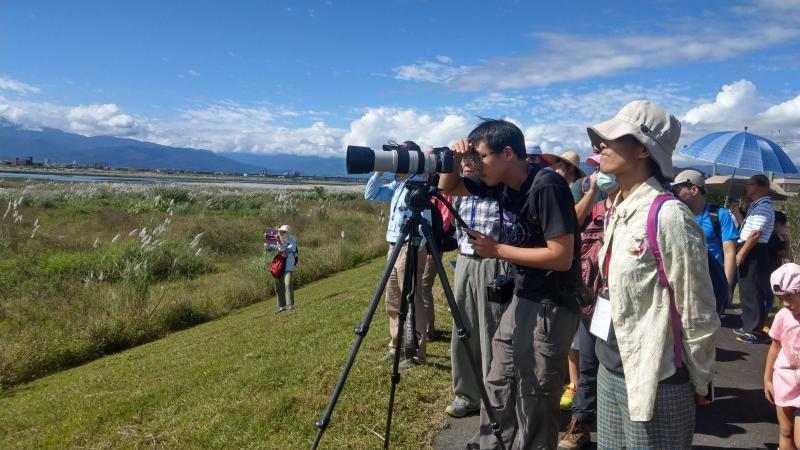Image

-
Jeran Lin
Founder and Chief Executive Officer, Shinnan Tiandong Rice
- 30 Under 30
- 2020
Yilan, Taiwan
Age: 30
Jeran works to simultaneously protect wild birds’ rice paddy habitats and local farmer livelihoods through eco-farming and habitat management.
How are you using education to build more sustainable and equitable communities?
Through Shinnan Tiandong Rice, which I founded, we work on:
- Educating residents and landowners: We share the knowledge of eco-farming and habitat management with farmers, and help landowners with industrial transformation and locally-sourced construction that improve wild bird populations and habitat.
- Educating the general public: We offer a wide range of activities, from wild bird observation to on-farm experiences and activities, to help build good habitat for the wild birds.
Overall, these have helped inspire local residents and the general public to take action to protect their environment.

Having grown up in Yilan, Taiwan, a place with a great environment and many wild birds, bird watching has been my biggest hobby over the past 20 years. In the past decade, however, economic development has led to severe decreases in habitat and hence a significant reduction of wild birds. I was simply driven by the thought, “I have to protect my lovely friends,” and started my journey of environmental protection. For me it has been more of an attitude than an inspiration.
As a farmer and a wild bird protector, my work involves both local residents and the general public, which can make things messy and overwhelming. However, knowing that my efforts pay off—the rice paddy gets better, the wild birds return, and people become more kind to the ecosystem—I am willing to keep devoting myself to Shinnan Tiandong Rice.
What advice would you give to the next generation of leaders?
Take action rather than merely speaking ideas.
Step into community or environmental work as early as possible. Only through recognizing the reality and building a mutual understanding with local residents, will you become a successful environmental educator.
The ultimate goal of environmental education is to protect biodiversity and create an ideal environment for both human beings and nature. Always keep in mind that “making people more conscious about environmental protection” is far from enough.

- Actually seeing the revival of ecosystems and the return of birds.
- More and more private land owners transforming to eco-farming and starting to protect habitats.
- Local residents becoming friendlier to wildlife.
- More and more people supporting my work, inspiring new discussions and interesting ideas.
- Younger generations willing to take on hands-on environmental and conservation work.
What’s a typical day like for you?
I work about 10 hours per day: about four hours on agricultural work such as farming, processing, and selling produce; another four hours are usually spent on the community and eco-activities, such as talking with local residents, wild bird investigations, and habitat management. The remaining two hours are for general affairs such as customer service, managing agricultural and ecosystem databases, and developing potential collaborations.
In my free time, I often look up ecological data and videos to remind myself of my passion for wildlife observation and to perfect my abilities as a wildlife observer.